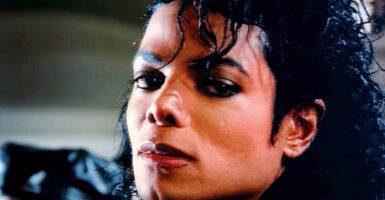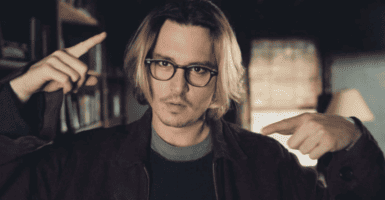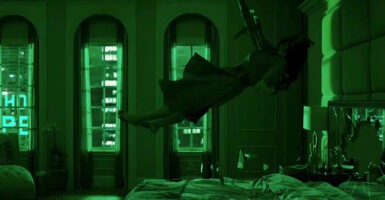A Gritty Clint Eastwood Movie Inspired The Yellowstone Series
Taylor Sheridan reveals that it was Clint Eastwood's Oscar-winning Unforgiven that inspired him to make Yellowstone.
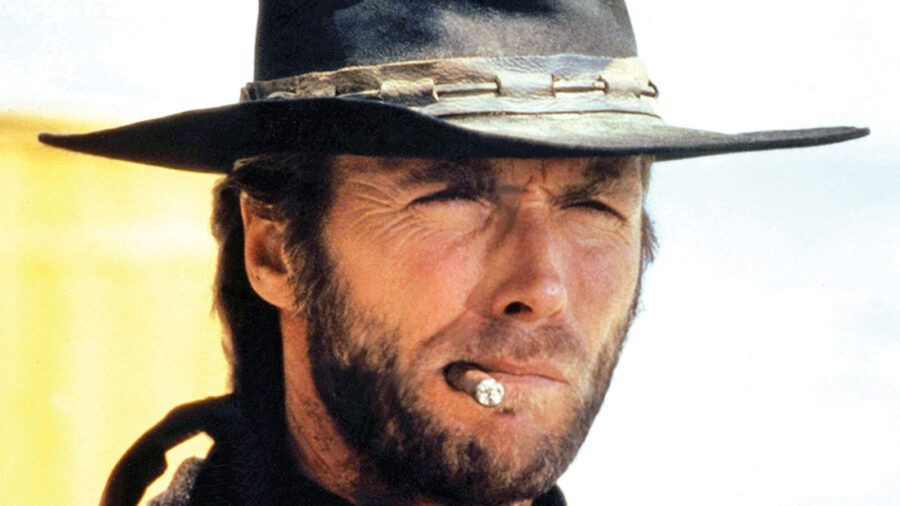
It probably shouldn’t surprise any western fans to know that it was Clint Eastwood’s Oscar-winning Unforgiven that inspired the acclaimed filmmaker Taylor Sheridan to create Yellowstone. In a recent conversation with The Atlantic, Sheridan talked about how Eastwood turned the western genre on its head with the story of outlaw Bill Munny, and it influenced him to use the same kind of ethos when he began writing westerns. Specifically, he wanted his western stories to show “real consequences” rather than uphold the same “myth of the American west” that Unforgiven, in Sheridan’s word, “shattered.”
“So when I stepped into that world, I wanted there to be real consequences. I wanted to never, ever shy away from, ‘This was the price.'”
-Taylor Sheridan
With Unforgiven, Clint Eastwood paved the way for Yellowstone by giving us a western where, to put it simply, the bad guy and the good guy switch places. Along with directing the film, Eastwood plays Bill Munny — a mass murderer and outlaw who comes out of retirement to claim the reward on the lives of two cowboys for an assault on a prostitute. He’s joined by the young wanna-be Schofield Kid (Jaimz Woolvett) and Morgan Freeman as his old partner Ned.
These three potential murderers are, in fact, the heroes of Unforgiven. The villain is Sheriff Bill Daggett, played by Gene Hackman. “Little” Bill is a consummate bully trying to protect the besieged cowboys; not for any sense of justice, but because he wants an orderly town where no one rocks the proverbial boat and hired killers are cause for a lot of boat-rockin’.
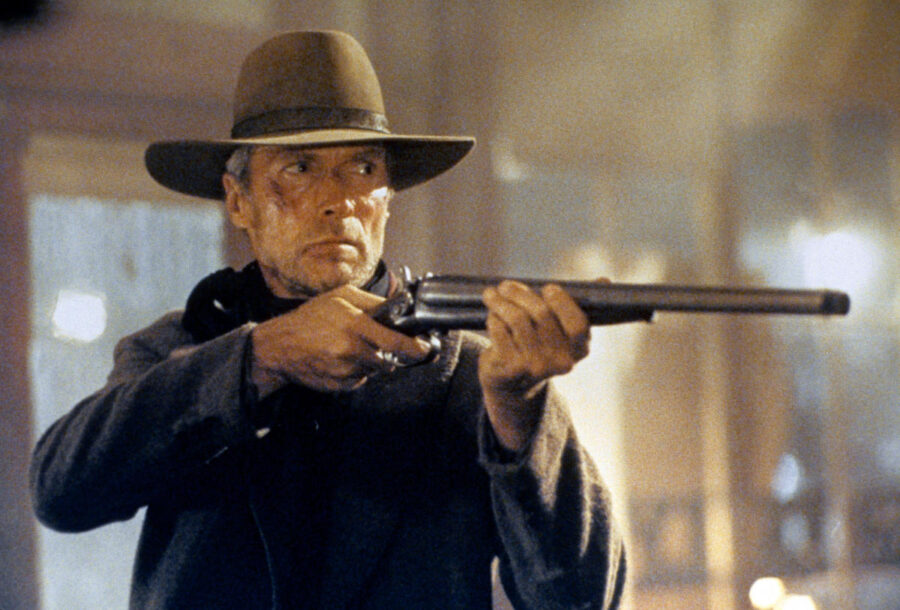
Really, it’s the sheriff’s negligence that helps to set off the events of Unforgiven — by refusing to punish the cowboys in any meaningful way, he forces the prostitutes to turn to hired killers for justice. Considering the care Clint Eastwood takes in the film to subvert the traditional western roles, its influence on Yellowstone — whose heroes and villains tend to blur plenty of moral lines — becomes obvious.
Toward the end of the film, the Schofield Kid is wracked with guilt over the death of one of the cowboys, and — with tears in his eyes — he says one of the film’s refrains: “I guess they had it comin’.”
Clint Eastwood’s character answers in a way indicative of how the film inspired Yellowstone: “We all got it comin’, kid,” he says. The usual western message of the black hats getting what’s coming to them vs. the glorious rewards of the white hats is forgotten in favor of the very “real consequences” Taylor Sheridan talked about with The Atlantic.
For another example of how Clint Eastwood’s film inspired not just Yellowstone, but Taylor Sheridan’s other western work, make sure to see 2016’s Hell or High Water in which Chris Pine plays a bank robber and Jeff Bridges is a Texas Ranger hunting him down. Who the good guys and the bad guys are isn’t quite so easy to figure out.










